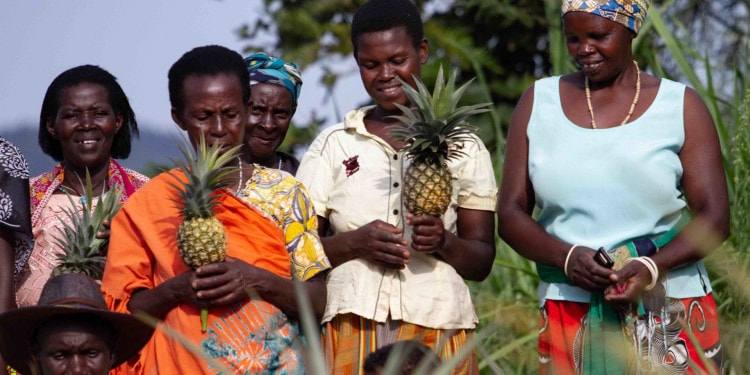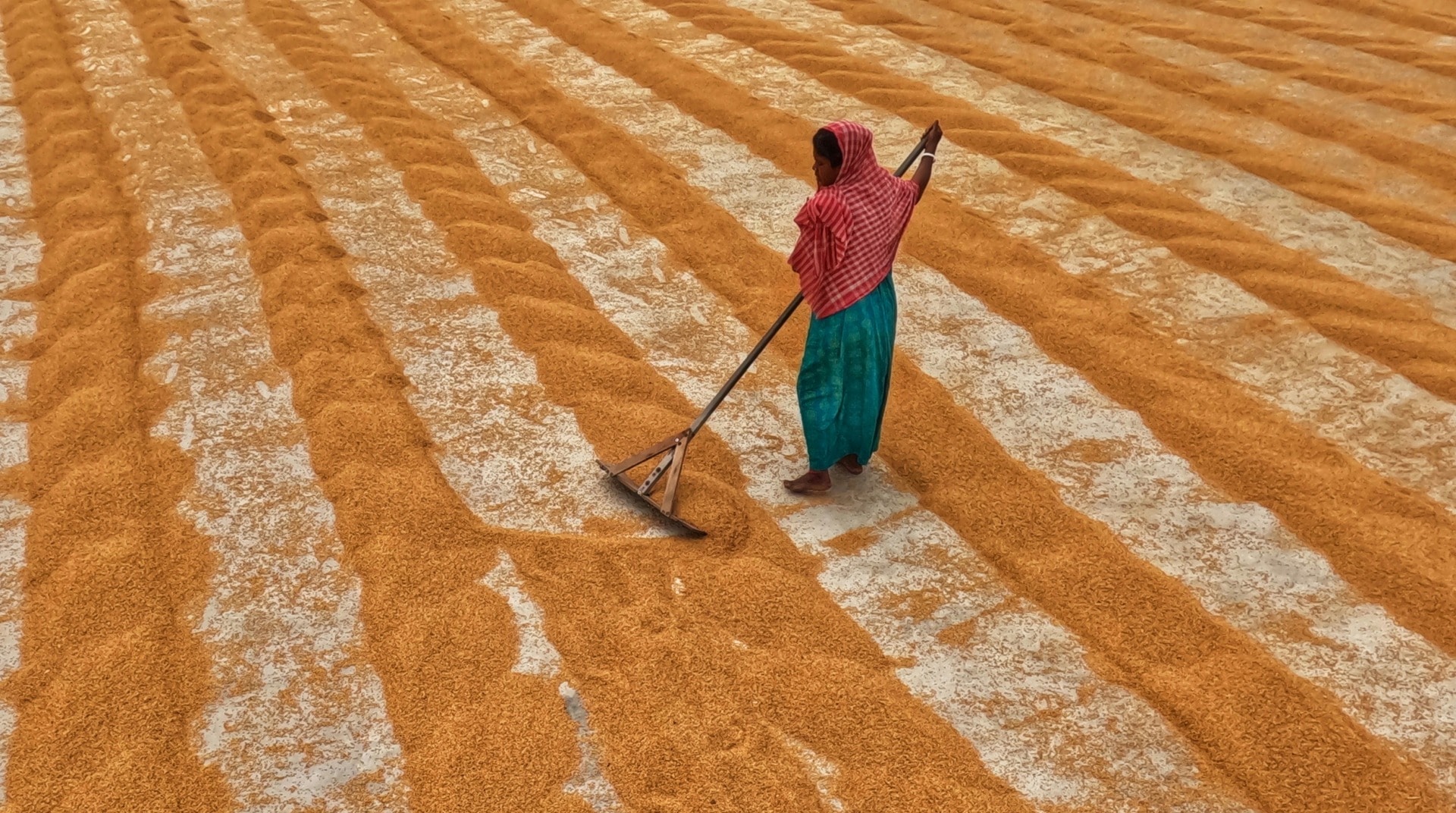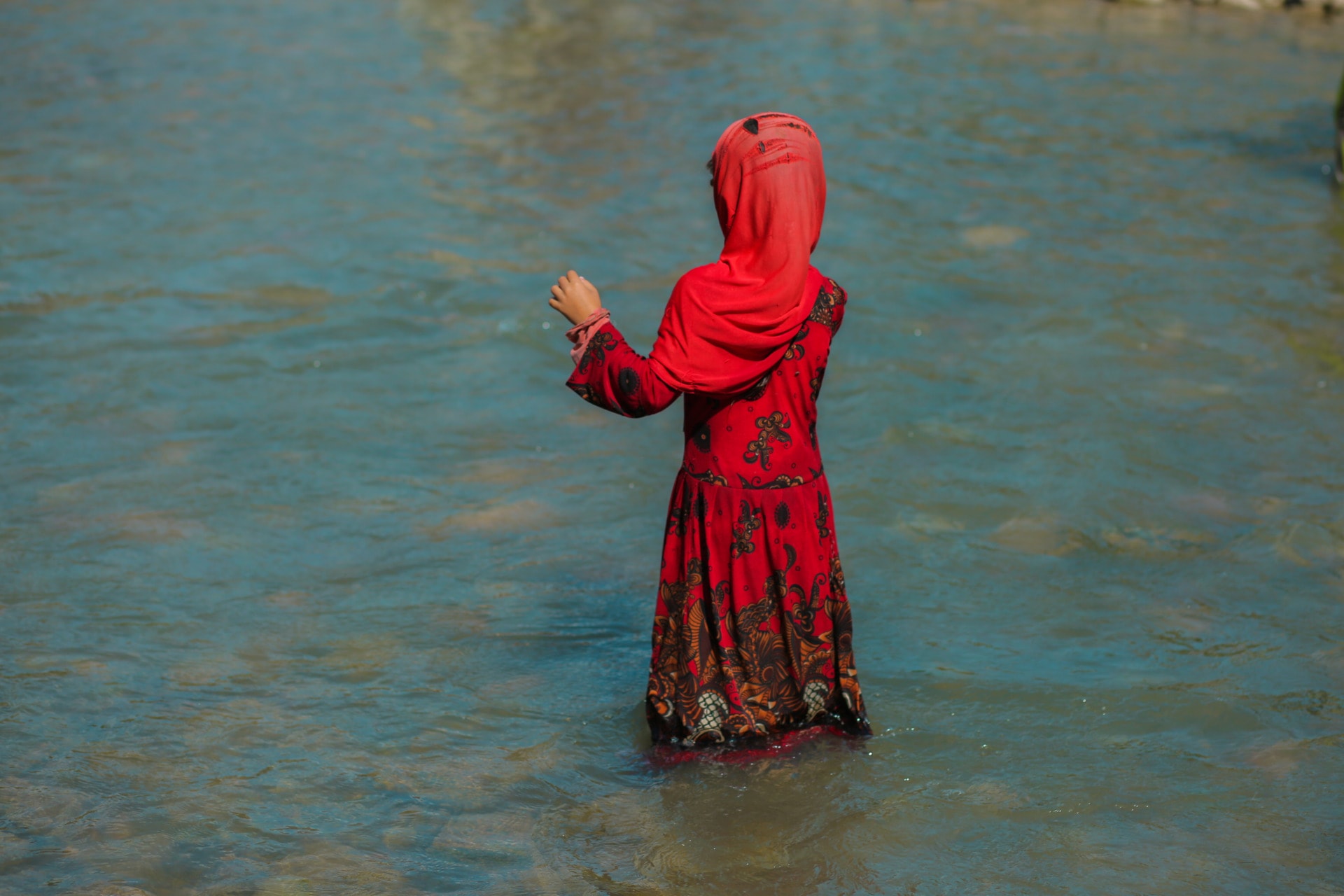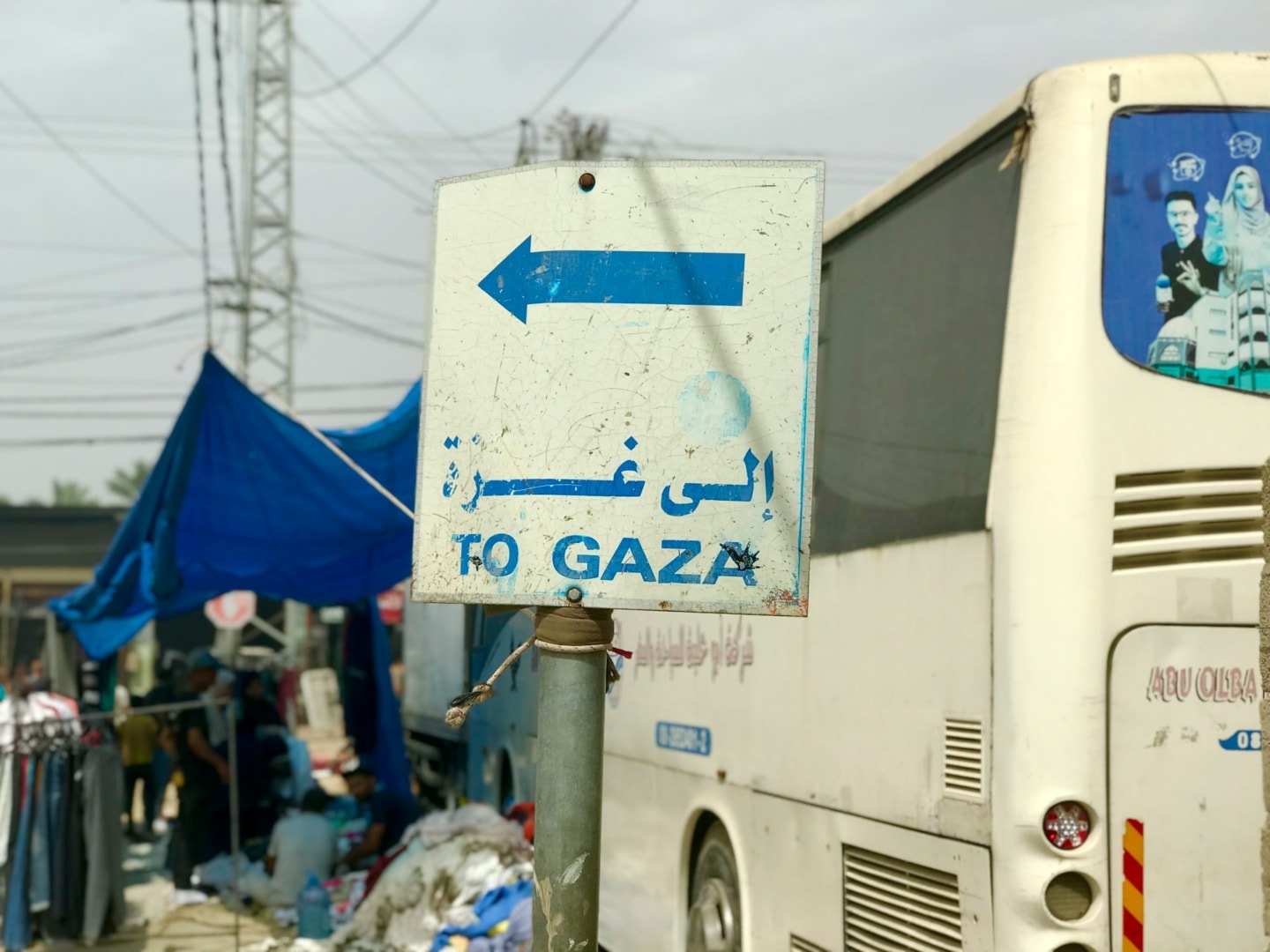How a renewed focus on SDG 16 can help fight COVID-19 and salvage the Global Goals.
At the start of 2020, before the coronavirus pandemic crashed over us all, Agenda 2030, our global commitment to sustainable development that could “leave no one behind,” was already in deep trouble.
By 2030, approximately 80% of the most vulnerable people globally would be trapped in countries experiencing chronic instability, violence and conflict.
Why? Because the vast majority of the world’s extremely poor already lived in fragile and conflict-affected states. By 2030, approximately 80% of the most vulnerable people globally would be trapped in countries experiencing chronic instability, violence and conflict. None of these states were on track to achieve a single Sustainable Development Goal (SDG) — and most were “severely off track.” So, Agenda 2030 would succeed or fail globally based on its performance in conflict-affected fragile states which seemed fated to be left behind.
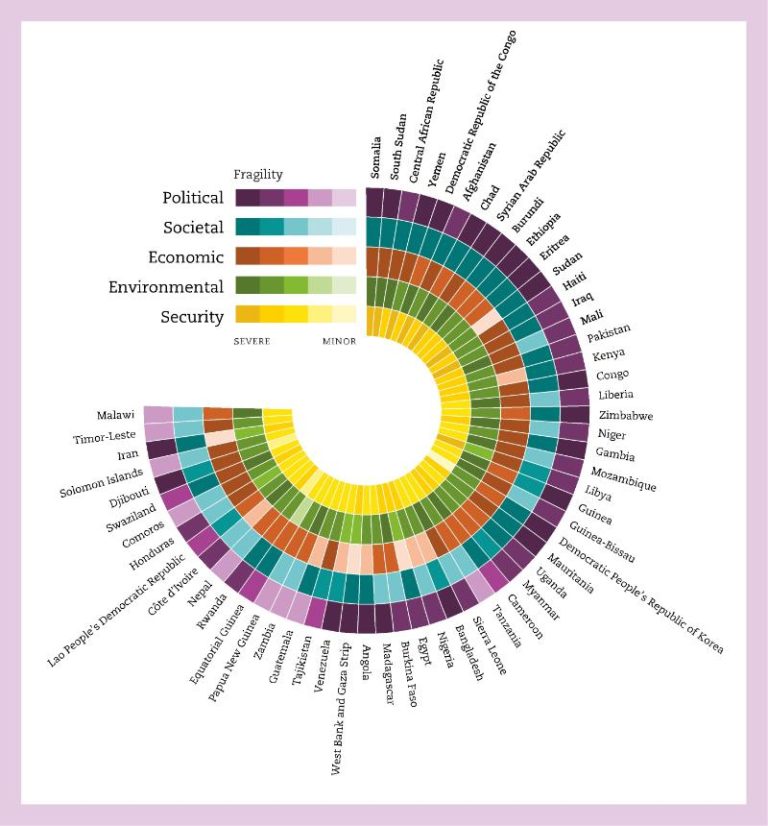
The reasons behind this lack of progress were clear. Inherent weaknesses in global development efforts, from the Millennium Development Goals through to the current SDGs, bedevilled efforts in fragile states. Conflict and displacement surged to a new high; forced displacement reached unprecedented levels; planet-shaping dynamics such as climate change and natural resource scarcity accelerated; and “deglobalization” and the weakening of multilateral norms all exacerbated these flaws.
Yet, even at that stark moment when Agenda 2030 seemed threatened, there was a ready solution which was generating increased attention and acceptance: leveraging SDG 16 — the commitment to peaceful, just and inclusive societies — not just as a stand-alone aim but as the key to unlock progress across all SDGs in fragile and conflict-affected states.
Then the COVID-19 pandemic surged in the early months of 2020. It is already reshaping politics, societies and economies both domestically and globally. Given a lack of immunity within populations, it is likely to remain a global threat for a protracted period. It also gravely impacts Agenda 2030 — and nowhere more sharply than in fragile and conflict-affected states.
Countries where governance is often weak and contested; where violence can be pervasive even if not a product of overt war; where economies are brittle and riches can be captured by elites; where public services such as healthcare can be out of reach because of poverty or discrimination; where large groups can suffer exclusion, discrimination, repression, and poverty — these fragile states are extremely vulnerable to deep impact by COVID-19. Quite apart from pandemic mortality, initial estimates by the World Bank, the UN University and others, show millions more thrust back into poverty by the economic shockwaves generated by the coronavirus.
Related Articles: Many Peaces in Iraq | Peacebuilding: Is It Cost Effective?
This vulnerability is further exacerbated by one aspect of how the virus spreads: it tends to impact tightly-knit minority and marginalized populations more heavily, and features such as overcrowded living conditions that lack access to good sanitation and healthcare represent ideal transmission grounds. Excluded groups also often suffer disproportionately from other underlying conditions that compound the impact of COVID-19, while the pandemic itself can deepen exclusion and inequality. The grave threat to Agenda 2030 is real and COVID-19 has multiplied it. Yet SDG 16 still represents the best strategy for delivering not only an effective public health response in fragile and conflict-affected states but also in ameliorating the pandemic’s lasting impact on their development and its potential to act as an incendiary driving even greater conflict.
Peacebuilding — the approach at the heart of SDG 16 — ensures a more effective public health response because this is rooted in trust and social cohesion. Governments or de facto authorities in fragile states suffering conflict or pervasive violence are unlikely to possess the degree of public trust needed to deliver effective outbreak control — as the Ebola crises in West Africa and the Democratic Republic of Congo have demonstrated. Even well-resourced and good-faith public health interventions can generate more conflict unless they are sensitive to the social fractures and root causes that drive that conflict in the first place, and which make violence seem a ready solution. This is a core tenet of peacebuilding.
Even well-resourced and good-faith public health interventions can generate more conflict unless they are sensitive to the social fractures and root causes that drive that conflict in the first place, and which make violence seem a ready solution. This is a core tenet of peacebuilding.
Agenda 2030 and the SDGs must remain a keystone of an international commitment to sustainable development as the world moves through and beyond this public health emergency. If we accept that the global challenge to leave no one behind stands or falls on its performance in fragile and conflict-affected states, then we must double down on SDG 16 and positive peace as the only way to salvage Agenda 2030 in its last decade of action.
Editor’s Note: The opinions expressed here by Impakter.com columnists are their own, not those of Impakter.com — Featured Photo Credit: Emmanuel Munzero / International Alert


